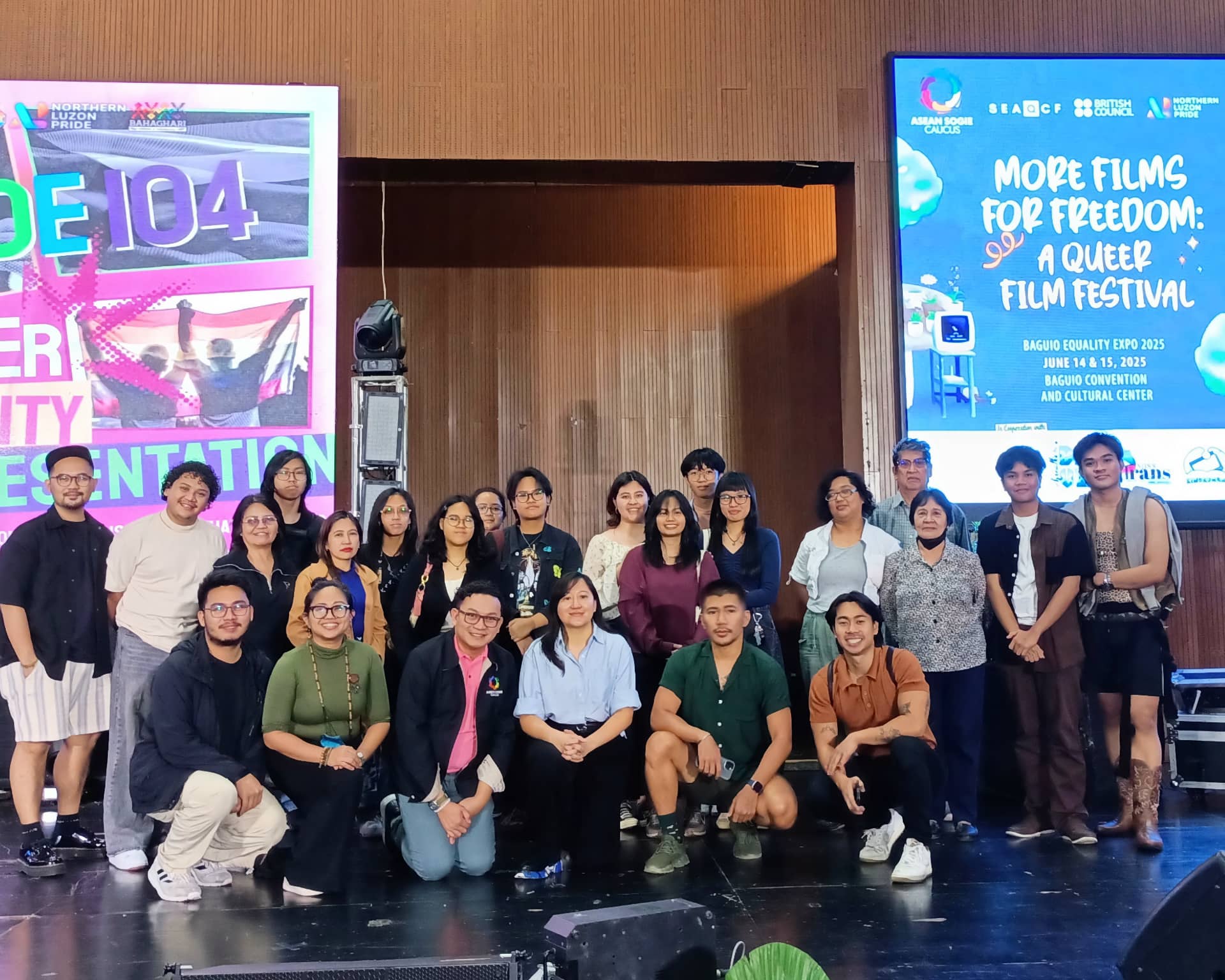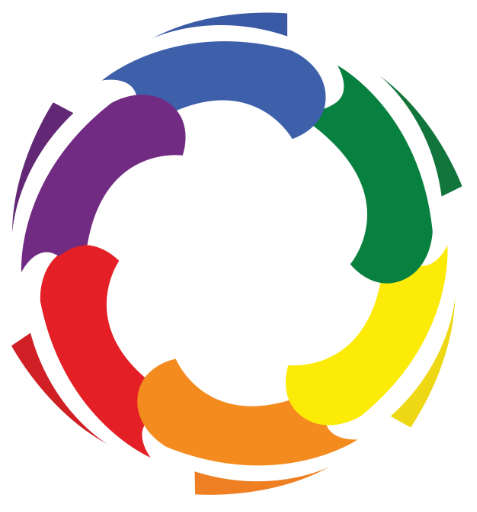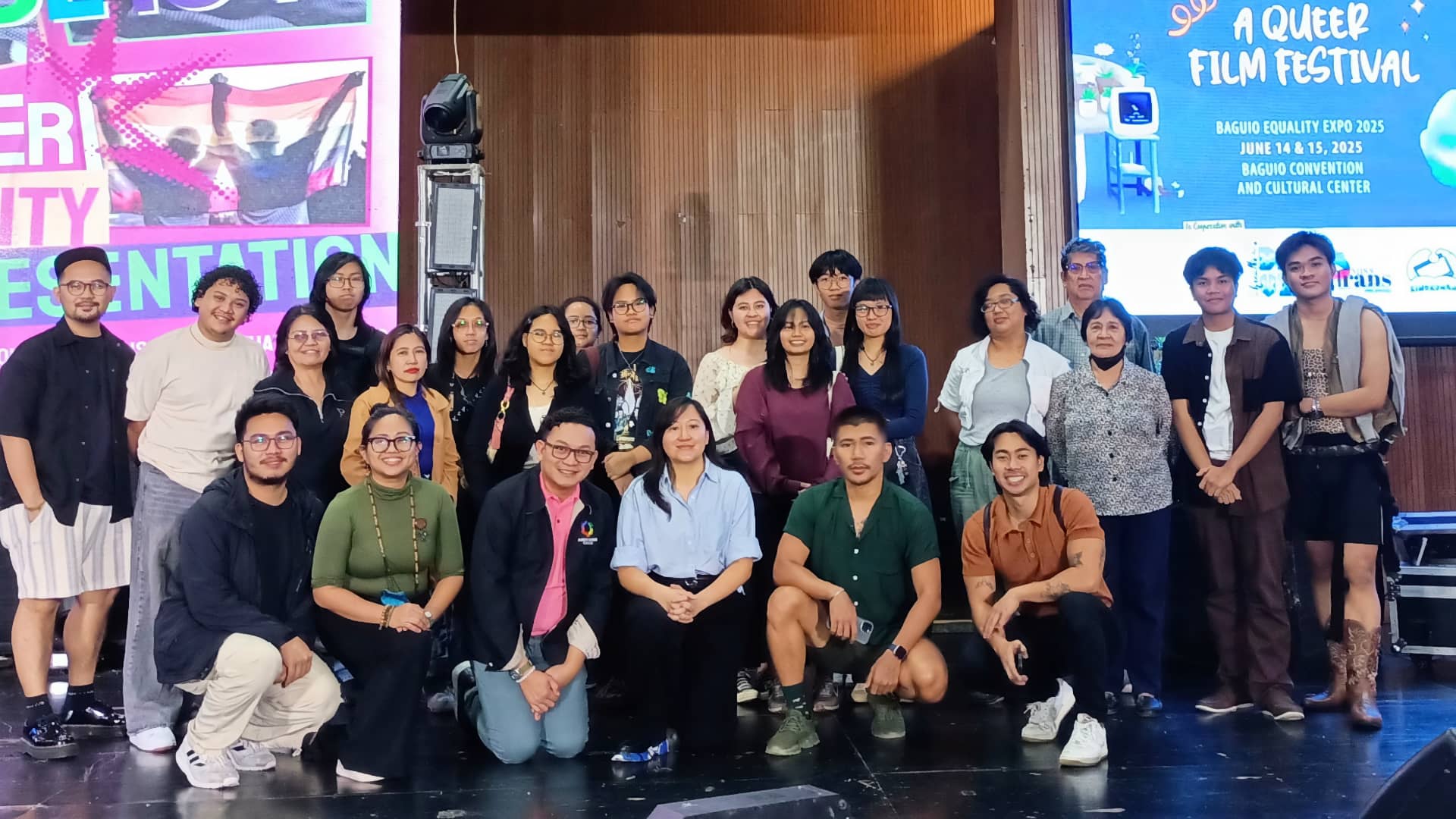
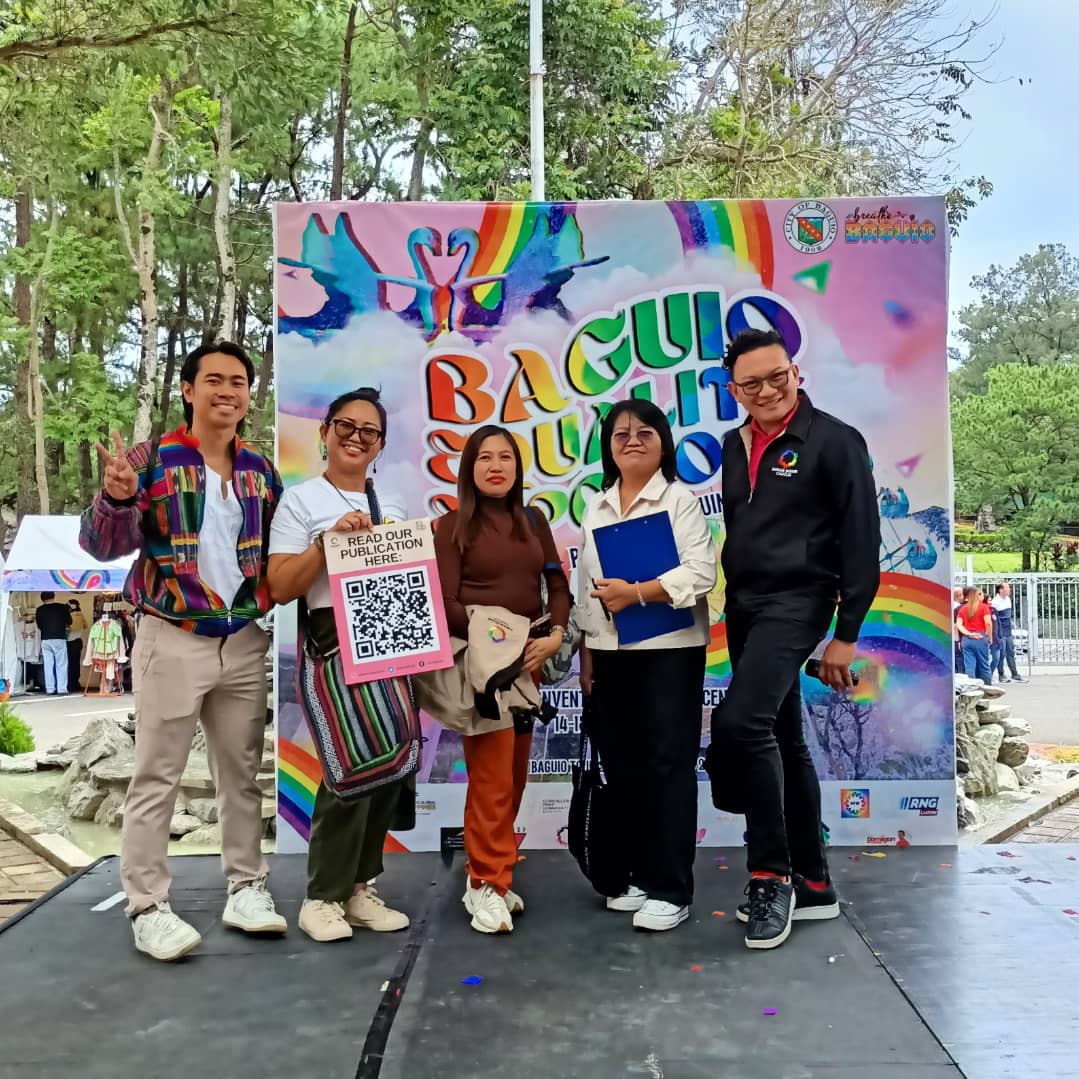
Written by Sol De Castro, SEAQCF Event Coordinator
BAGUIO CITY, PHILIPPINES — As Pride Month unfolds, so do the stories on screen. Nestled where the mountains meet the clouds, Baguio City—known for its vibrant arts scene and progressive spirit—hosted the first-ever Baguio Pride Expo 2025 on June 14–15. The weekend-long celebration spotlighted queer history, art, and conversations with voices from across the LGBTQIA+ movement in the Philippines.
Building on the momentum of the Southeast Asian Queer Cultural Festival (SEAQCF) held last March in Quezon City—where audiences from across the Philippines, Southeast Asia, and beyond came together to celebrate queer stories—the ASEAN SOGIE Caucus, in partnership with the British Council and Northern Luzon Pride, brought More Films for Freedom: A Queer Film Festival to the Baguio Convention and Cultural Center. The event was made possible through the support of the Baguio City Tourism Office and the Miss Trans Global Philippines pageant.
The screenings drew a wonderfully mixed crowd—from curious first-time viewers to local creatives and community organizers. A number of film students from Baguio attended, eager to share that the festival had sparked ideas for their own projects. Some even asked when the next open call for queer filmmakers would be announced, hinting at the exciting future of queer cinema in the region.
From blossoming young love to relationships that have endured the test of time and tradition, and from the introspective journey of self-discovery to the difficult realities of immigration and asylum, More Films for Freedom: A Queer Film Festival shone a light on the lived experiences, struggles, triumphs, and queer joy from around the globe. Featuring short films from Southeast Asia, South America, the Middle East, and Africa, the festival highlighted both the diversity of individual queer experiences and the shared narratives that connect our communities across regions and generations.
This film festival offered more than just entertainment, but also a time of contemplation on the value of artistic and cultural spaces. For many, it’s more than just visibility, it’s also about creating safe spaces to express, and to simply exist without explanation. In a city like Baguio, where art and culture not only thrive but is uplifted, having a space that elevates queer voices makes room for healing, imagination, and connection. Films are stories told on screen that move us in ways data and debate often can’t. They remind us that activism doesn’t always carry a placard; sometimes, it wears mascara, or it dances in the quiet overlooked corners, or sometimes it is simply the small acts of love.
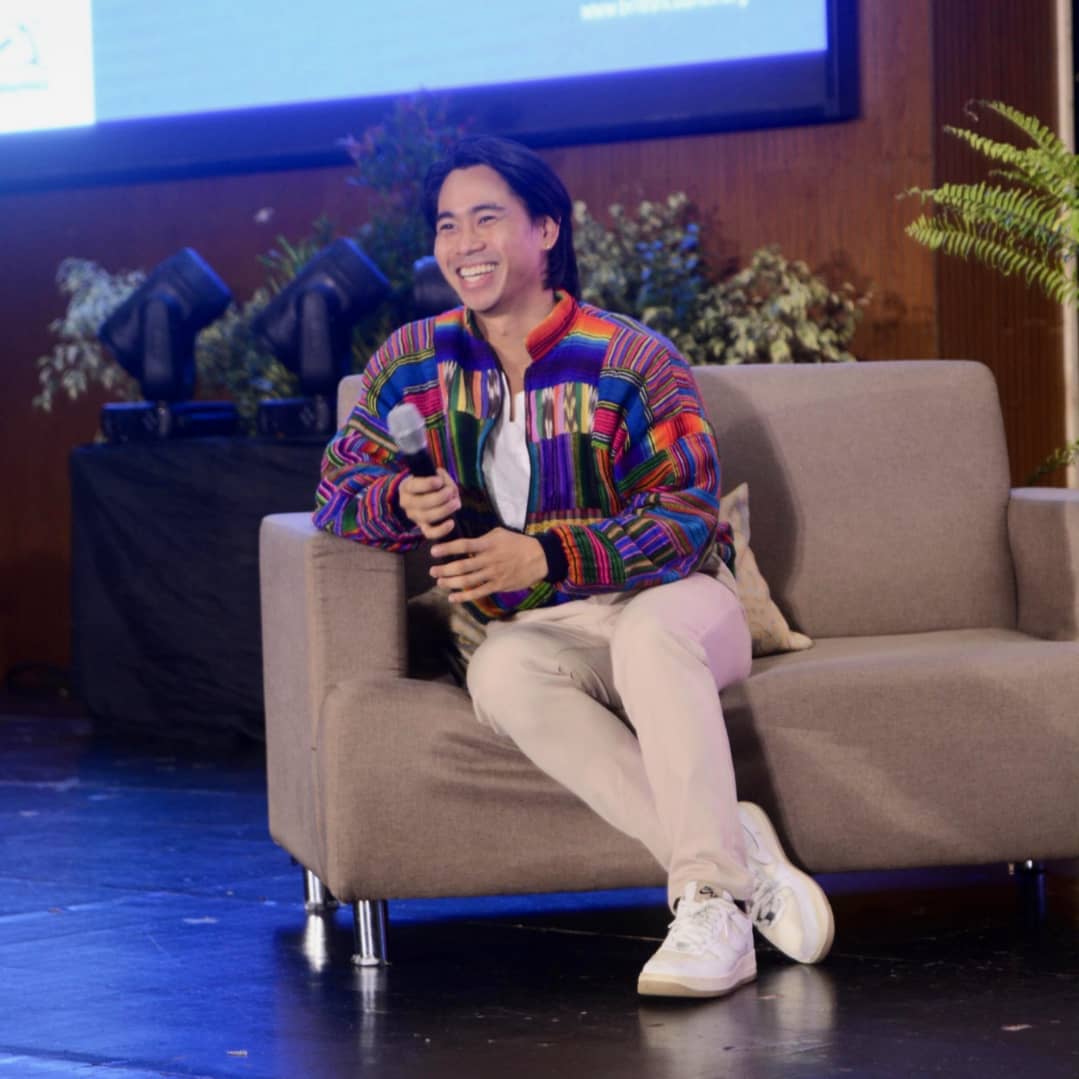
Beyond the films themselves, the event raised important questions: What is the value of having an artistic and cultural space? In a world that often sidelines queer voices, creating a platform like this becomes an act of both expression and resistance. Art allows communities not only to be seen but also to process, remember, imagine, and rebuild. In places like Baguio —where art runs through the city’s veins—cultural spaces like these offer a sense of safety, reflection, and belonging.
With its mix of heartfelt stories and hopeful conversations, More Films for Freedom: A Queer Film Festival brought more than just films to Baguio—it brought possibility. And if the energy in the room was any sign, this may just be the start of something even bigger for queer storytelling in the Cordilleras and beyond.
